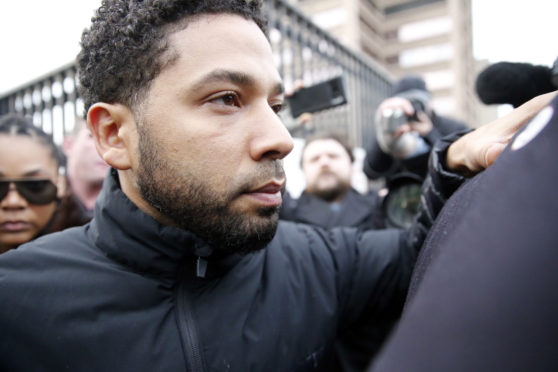Last week ended in a celebratory flypast marking the 75th anniversary of the death of 10 US servicemen, and the work of a single man over many decades.
Tony Foulds has for 75 years tended the memory of the young men who showed real endeavour through their service, selfless commitment and courage in their death. I must admit, as a former RAF pilot it brought a real tear to my eye at not only what the aircrew did on that day, but the endeavour, selfless commitment and courage of one man, Tony, for their memory.
Tony’s story is all about identifying with the things that matter most to us. And this is something that most politicians have in their mind when they join the political class: to make a difference. Today the UK political two-party system is facing its greatest threat – it is creaking, but no-one seems too bothered and politicians seem oblivious to the fact.
We have gone beyond the somewhat superficial matters of personal choice encapsulated in the following observation made of a politician by the chief inspector of schooling: “I celebrate their good sense as a parent and deplore their hypocrisy as a politician.” We are now at a stage where three cabinet ministers have no compunction in publicly abandoning collective responsibility, one of the critical protocols that makes government work. There is one thing that politics needs and that is consistency; otherwise nothing gets done.
Of course, this consistency was undermined when Tony Blair politicised the civil service – the identity of self rather than nation. At the time it seemed what was right and in a context in which UK politics was then changing. Roll on 20 years and we have a Government languishing in a mire of unmanageable issues generated by a small cadre of politicians that ideologically determine we should not be European. Of course, their chance to act – frivolously, selfishly and without accountability – has been brought about by a cultural shift in our apparent approach to what matters.
Let me illustrate this through another news story from last week, albeit from the USA.
We saw the cynical and twisted attempt by an actor to seek furtherance in his career through exploiting his ethnicity and sexuality. It was hard for the Chicago Police Chief to hide his despair, commenting: “I wish we could put the same effort into the murders we see in our city”. This says so much: the prioritisation of hate crime over murder; the privilege of status; the way social media pre-supposes the outcome on populism.
Most of all it is about identity; the identity of the alleged victim wrote the narrative before the facts were objectively, professionally and diligently exposed. This approach has already crossed the Atlantic, our political environment masks it in the term political-correctness.
And there is a darker side to all this. Something that both the hard left and the extreme right are currently exploiting – the reality of identity politics. And an adopted approach that few current politicians either want to address or wish to acknowledge for the corruption it represents. Liberal democracies need political ideas that are accessible to people of different cultural backgrounds rather than on fixed characteristics such as race, ethnicity or religion. History tells us that in spades – and the consequences.
The 20th politics was defined by economic issues. The left politics centred on workers, trade unions, social welfare programs, and redistribution policies. The right was focussed on reducing the size of government and promoting the private sector. The 21st century is defined less by economic or ideological concerns and more by questions of identity. It is becoming ever more apparent that the current left focuses more on promoting the interests of a wide variety of marginalised groups, such as ethnic minorities, immigrants and refugees, and women. Quid pro quo, the right has rekindled its core mission as the patriotic protection of traditional national identity, which is often connected to race, ethnicity, or religion. For the UK, Brexit is an attempt to re-establish a more traditional national identity.
One of the key enablers ‘fuelling’ this transition from economic to identity politics is social media; it provides the unregulated and free voice that affords followers to be mobilised in a landscape of unchallenged ‘truths’. Organisations, the likes of Cambridge Analytica, are exploiting social media through the deep analysis of behaviours and networks – leveraging identity and preference. More significantly social media may well be driving away those that would normally vote to voice their concerns; they see social media as a replacement whereby they feel more effectively ‘heard’ – and therefore more satisfied – by expressing their feelings online. The grave danger here is the ungoverned influence of technologies such as filter bubbles and the honing of micro-targeted political messaging.
Mahatma Gandhi most famously quoted: “The best way to find yourself is to lose yourself in the service of others.” It is not about identity that matters, but by what you identify with – and in the service of others. All our politicians could well do giving this some hard consideration.
James Johnston is a business owner, chair of the The Malt Whisky Trail and served as Station Commander for RAF Kinloss

